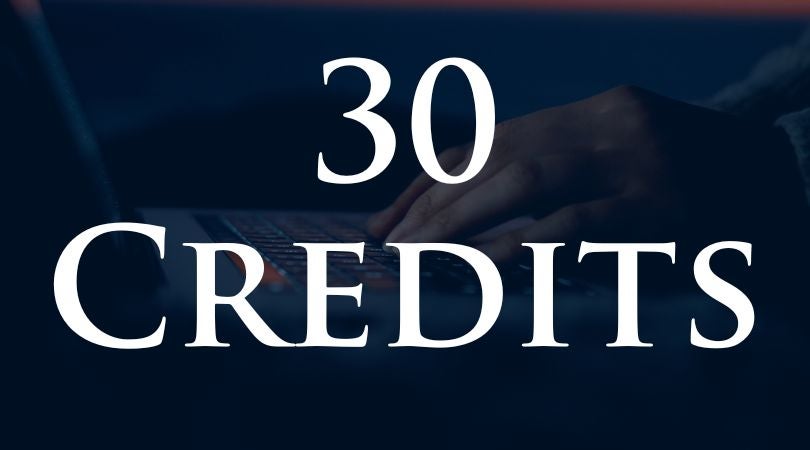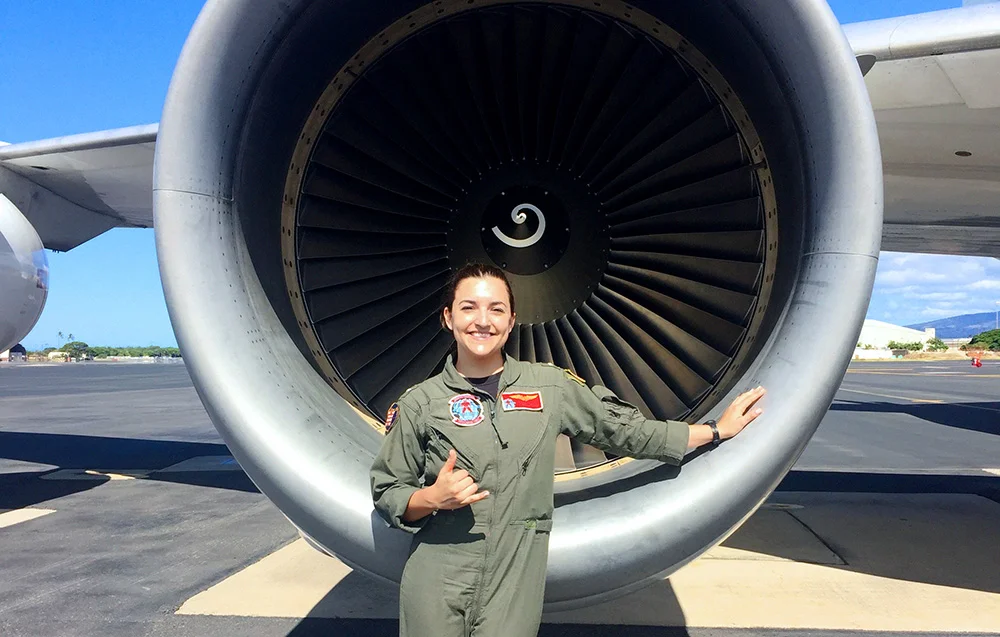Overview
Gain knowledge, advance your career, and explore the world’s oceans with URI Online’s Master of Oceanography taught by world-renowned oceanographers at URI’s Graduate School of Oceanography.
Through this program, students will use their foundational knowledge to further their understanding of all oceanographic disciplines, paired with advanced studies on a topic of the student’s choosing.
Upon completion of the program, graduates are expected to:
- Demonstrate a command of the fundamental principles of oceanography
- Understand the current state of oceanic problems and technologies
- Have an ability to create and apply solutions linking the science to policy and management practices
- Have developed a proficiency in communication with the ability to discuss scientific and technical issues with diverse audiences
Courses
Required Courses (At least 3 of the following 4 Core Courses)
OCG 501: Physical Oceanography
OCG 521: Chemical Oceanography
OCG 540: Geological Oceanography
OCG 561: Biological Oceanography
OCG 591: Independent Study
OCG 592: Independent Study
Elective Courses (At least 5 of the following)
OCG Core Course (from the list above)
OCG 506: Numerical Models and Data Analysis in Ocean Sciences
OCG 533: Graduate Writing in Marine and Environmental Sciences
OCG 555: Modern Oceanographic Imaging and Mapping Techniques
OCG 601: Ocean Resilience
EVS 505: Environmental Leadership
EVS 509: Web-Based Mapping I
EVS 514: Environmental Data Management and Visualization
EVS 518: Sustainable Natural Resource Management
EVS 519: Natural Resource Management Planning
DSP 552: Computer-Based Data Exploration
DSP 553: Mathematical Methods for Data Science
DSP 555: Multivariate Statistical Learning for Data Science
NRS 570: Geospatial Data Acquisition and Management
NRS 571: Techniques in Geospatial Analysis
NRS 572: Advanced Topics in Geospatial Data Visualization
NRS 573: Emerging Technologies in Geospatial Data Collection
Admissions
- Bachelor’s degree in natural sciences, engineering, or a similar field from a regionally accredited institution of higher education in the United States
- CV/Resume
- A personal statement discussing:
- Your interest in Oceanography
- Two letters of recommendation
- College Transcripts from all institutions attended
- Why you chose to apply to this online program at URI
- How your professional and/or career goals match with the Master of Oceanography degree program
- Any relevant work experience
If English is not your native language*, you’ll need to submit TOEFL or IELTS scores (taken within the last two years). A minimum score of 91 for TOEFL under the new IBT-Internet Based Test or 575 under the paper-based testing, and a minimum score of 6.5 on the IELTS is required. The URI Designated Institution code for TOEFL is 3919.
*Because students participating in URI Online programs are not required to physically study on campus in the United States, enrollment in a URI online program does not qualify for an F-1 visa.

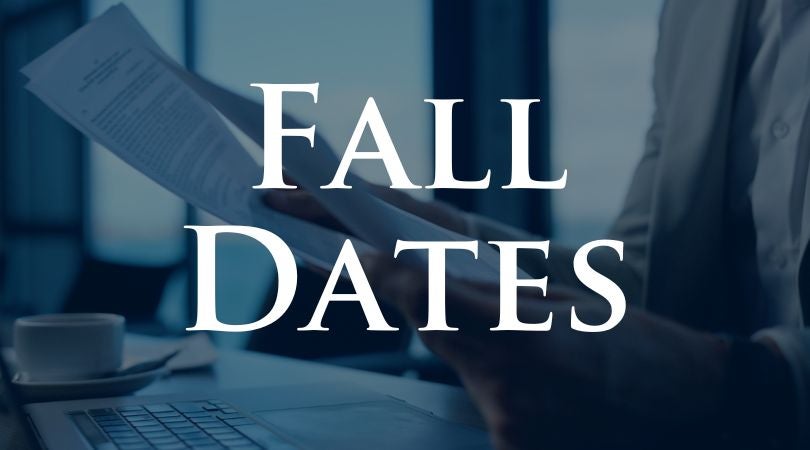
Application Deadline: August 5
Classes Begin: September 9
Discover URI Online
Gain an understanding of the high quality of URI Online curriculum and the many benefits of learning online while balancing work, school and family.
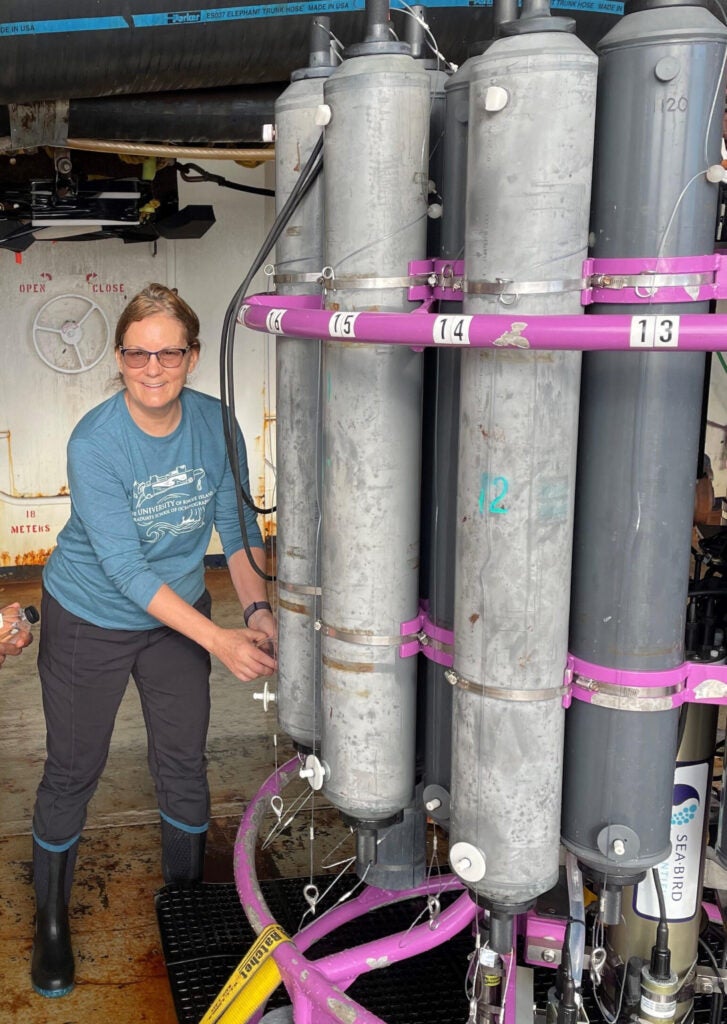
Teresa Kennedy, Ph.D.
Professor of STEM Education
URI Online Alumna
“My experience in the program was truly transformative. I collaborated with UNESCO on a manual for the Ocean Decade publication series and published a paper that began in Dr. Heather McNair’s writing course. The hands-on experiences, combined with the support from faculty like Dr. Menden-Deuer, deepened my passion for oceanography. The asynchronous format allowed me to continue my coursework even while at sea with GO-SHIP A13.5, making this program a perfect fit for my career goals.”
learn more about teresa kennedy, ph.d.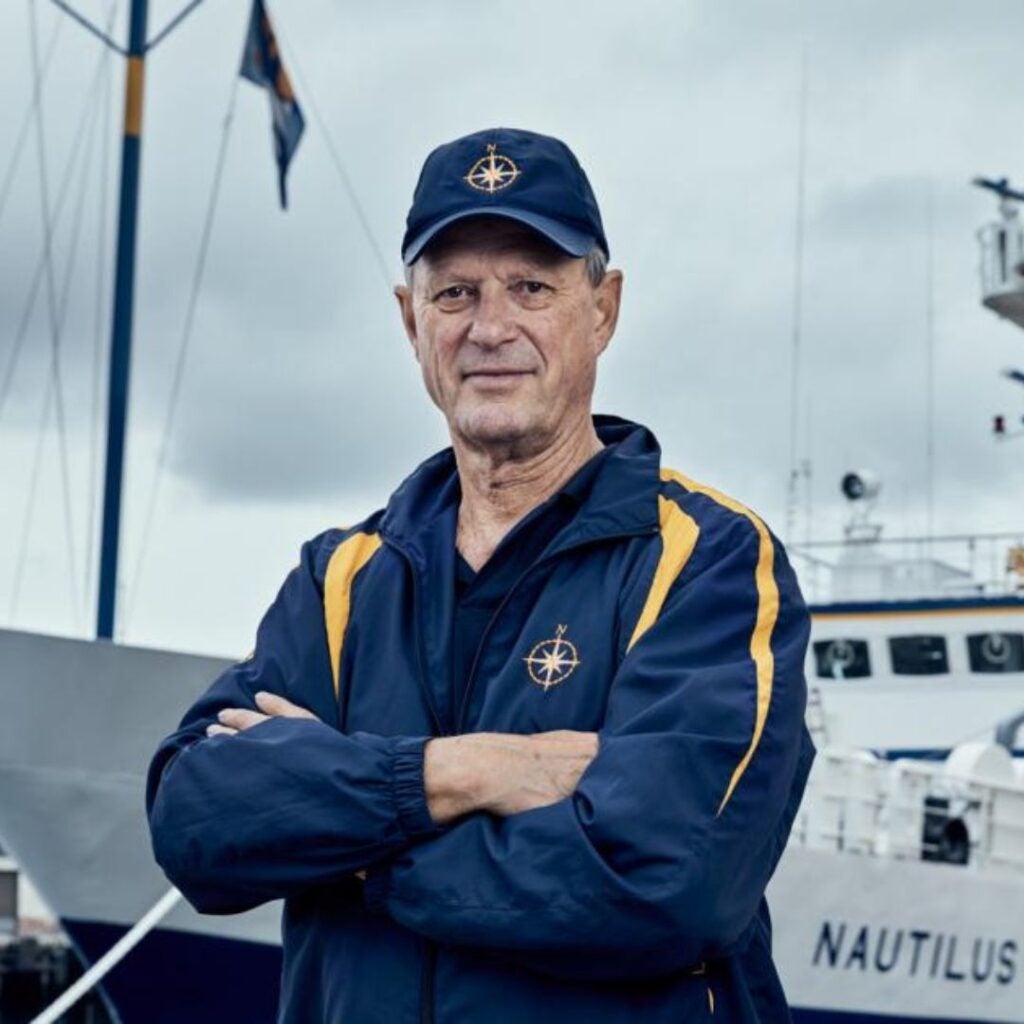
Robert Ballard, Ph.D.
Professor of Oceanography, University of Rhode Island
Founder, Ocean Exploration Trust
“As someone who has dedicated my life to exploring the mysteries of the deep sea, I am thrilled by the opportunities URI Online’s Ocean and Coasts programs offer. Through our innovative online platform, we are making it possible for anyone, anywhere, to engage in meaningful oceanographic studies and contribute to the conservation and understanding of our marine environments. These programs provide comprehensive scientific knowledge to enhance careers in ocean-related business, education, government and non-government institutions.”
learn more about robert ballard, ph.d.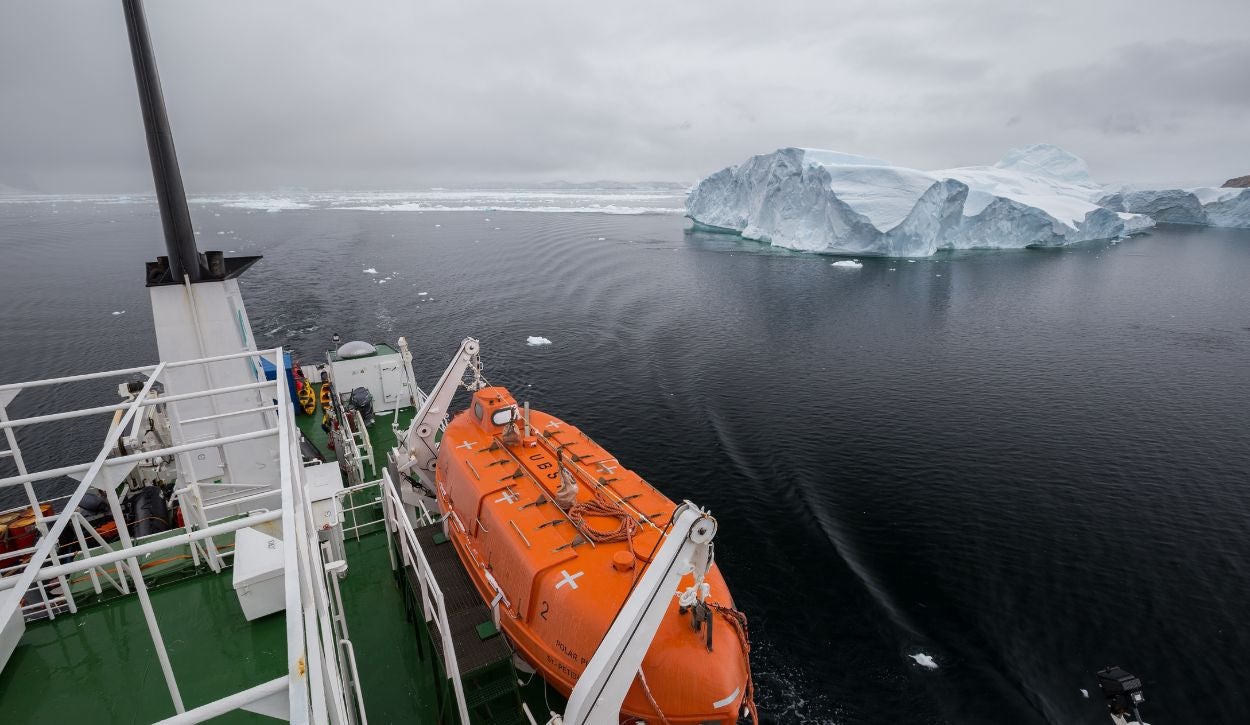
Career Opportunities
Advance your career with URI Online.
This program delivers practical experience and in-depth knowledge aimed at enhancing careers in maritime companies (e.g., consulting, construction, shipping, resource and energy development), port management, the uniformed marine services (Navy, Coast Guard, and NOAA Corps), government agencies, and environmental organizations.
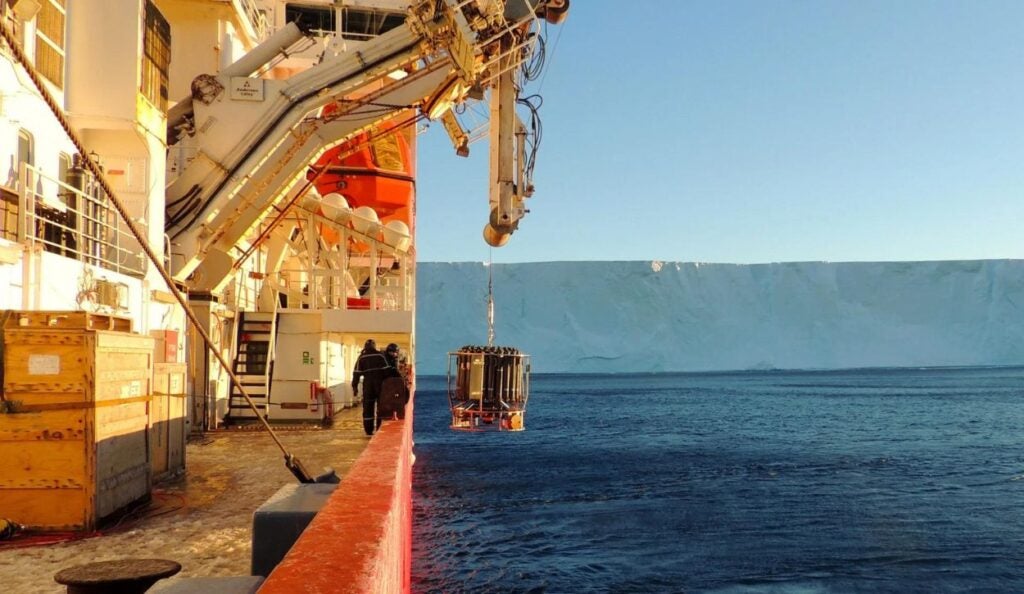
Oceanographer
Conducts research to study various aspects of the ocean, including physical, chemical, biological, and geological characteristics.
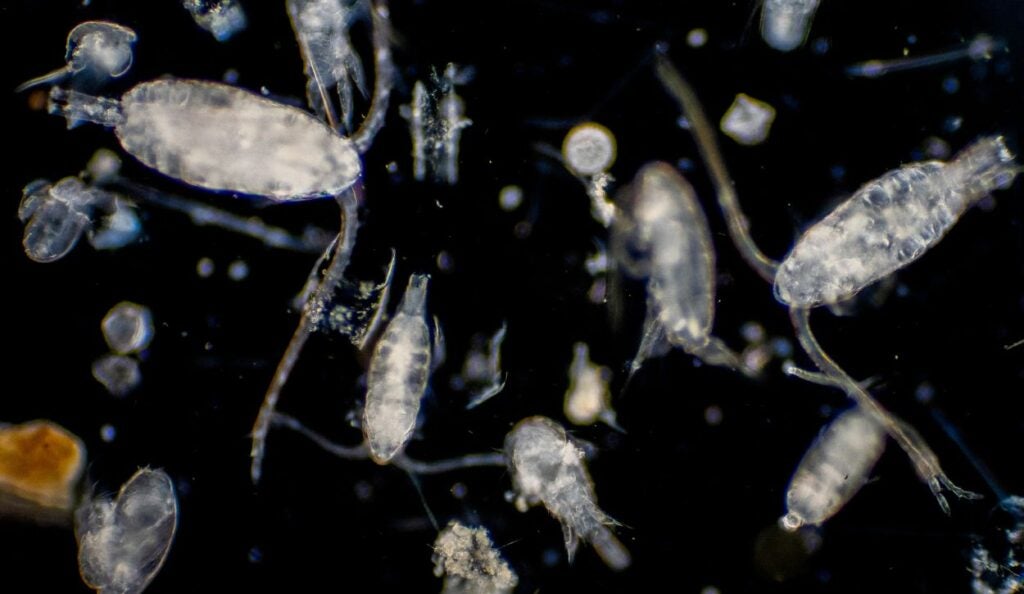
Marine Biologist
Studies marine organisms and ecosystems, conducts research on topics such as marine biodiversity, conservation, and ecology.
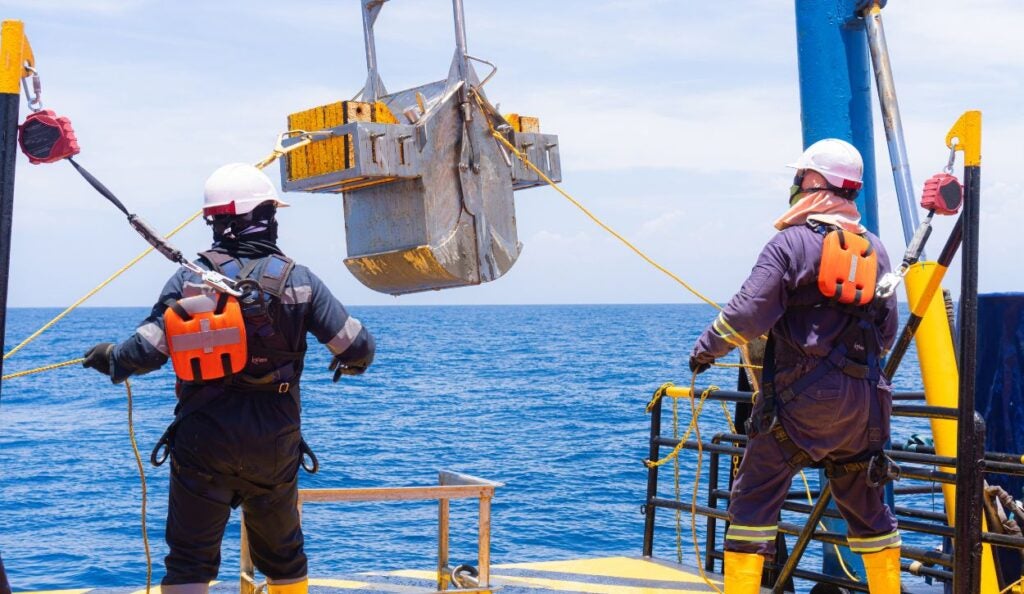
Coastal Engineer
Designs and implements coastal protection and management strategies to mitigate coastal erosion, flooding, and other environmental hazards.
“The Master Oceanography program allowed me to pivot my onshore environmental and energy permitting career into a career in oceanography. Throughout the program I was able to work full-time and get my foot in the door in the offshore energy sector where I began to apply my coursework to real life projects. Today I am applying my coursework and experience gained throughout the program as a National Oceanic and Atmospheric Administration (NOAA) Affiliate supporting offshore wind energy and coastal infrastructure projects.“
Amelia Flannery
NOAA Affiliate | Azura Consulting LLC | URI Online Alumna

